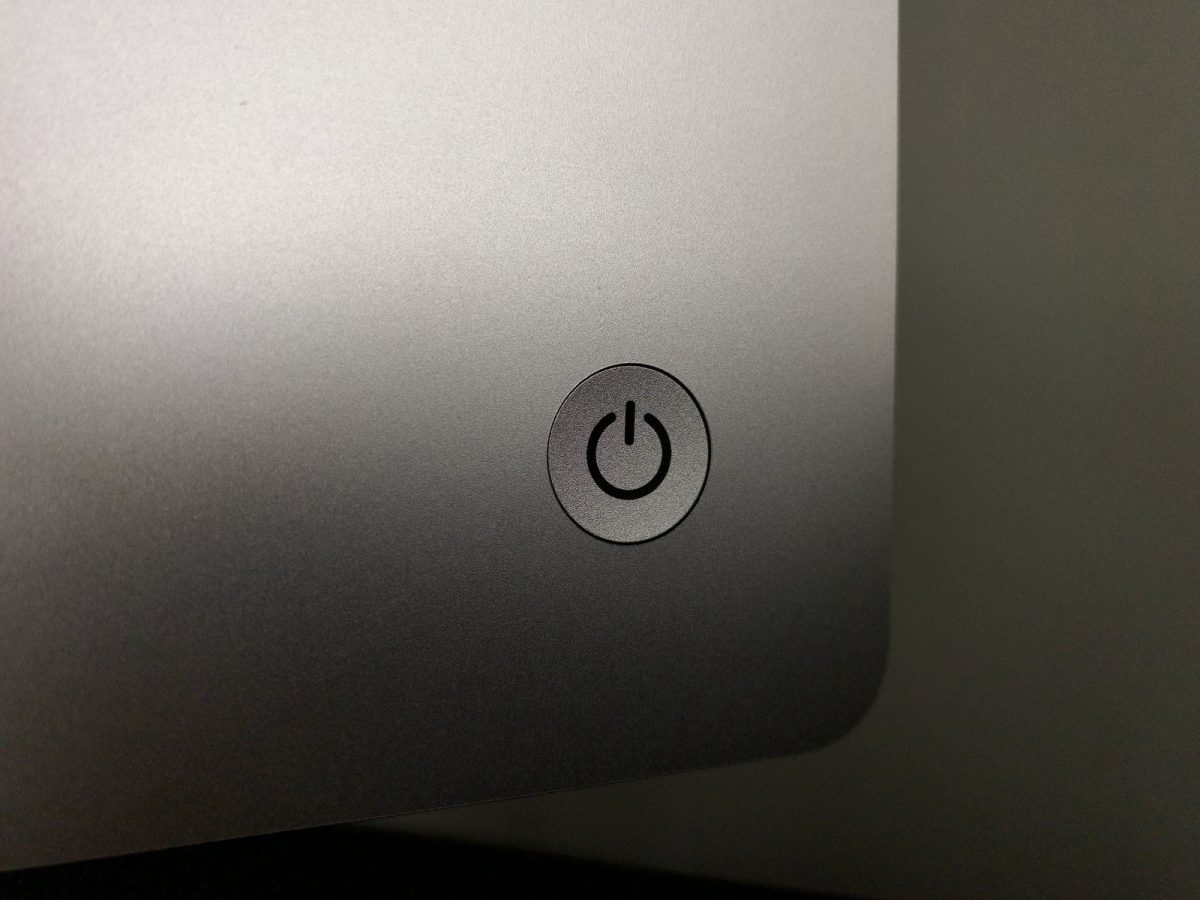It’s the biggest stereotype of the IT industry, but we all do it: turning something off and on to resolve a problem. And if it’s not that, we’re clearing caches and other things that may cure an immediate issue, but by doing it and therefore not resolving the root cause, we’re potentially creating bigger problems for ourselves.
Looking at how nature deals in similar situations and with the use of pertinent real-life stories, this post is a reminder of how spending a little more time can reap greater rewards.
And let’s start with a true story from a few years ago.
In my spare time, I’m gamer. Not a very good one, admittedly. One day, a friend of mine reported having network issues in the game we were playing. “I just need to reboot the router. I’ll be back shortly”. 10 minutes later they were and all was good again.
“That was my fault”, she said, “I haven’t rebooted it for a week”
“What do you mean? You shouldn’t have to reboot it every week”
“Of course you do. If you leave these things running they slow down”
“I haven’t restarted my router for about 18 months”
She mocked me. She saw the weekly restarting of her router as something that is natural and standard practise. The unusual thing was what I was doing. Her expectation was a piece of equipment shouldn’t just run by itself for long periods of time without the software having problems.
Here’s a list of “five quick fixes to make the most of your Wi-Fi at home” from website Uswitch…

The list is pretty terrible and the recommendation to reboot your router is part of that. Why? Because if you regularly reboot your router, the automated diagnostics on your broadband line may decide to reduce your connection speed in an attempt to stabilise your connection. By doing what this list recommends, you could make your home WiFi worse.
What have we done?
What has the IT industry done? We’ve normalised this kind of practise in the eyes of everyone. We’ve spent too long laughing at the “turn it off and on” stereotype and not enough pushing against it.
It’s not just physically re-powering something – there are equivalents in other areas of technology. For example, clearing cache or cookies for a website. Quick and dirty solutions which often resolve a problem but never cure the cause. And, at the very least, usually destroy the evidence too. Yet we all do it.
Nature’s warnings
In nature we have warnings. For example, pain. It’s there to tell that something is wrong. In reality, pain is artificial – stimulus communicates problems to your brain which, in turn, generates pain, forcing you to do something about it.
Pain motivates the individual to withdraw from damaging situations, to protect a damaged body part while it heals, and to avoid similar experiences in the future
The stereotype of someone suffering from leprocy is of someone with limbs falling off them – the reality is that the disease damages your nerves which means you don’t feel pain and therefore don’t act on any damage to your body. Infections occur, and you may lose an extremity as a result.
So, of course, we’re learnt to take painkillers, suppress whatever it is so that we can get on with our day. We should be getting to the bottom of why and then doing something about it – it could be anything from not having enough sleep to having seriously hurt ourselves.
Odours, particularly nasty ones, are created for a reason – just like pain, they can act as a warning. So, we invented odour neutralisers. It’s a bad fish smell. It’s the dog. Spray Fabreze and you mask the odour. But you don’t eliminate the cause. The dog’s still smelly and there’s still a smell of fish and, unless you’ve recently cooked some, you should maybe be worried. For example, faulty electrical wiring can often create a smell that’s like fish.
Masking the issue
So, we’ve done with technology exactly what we’ve done with nature – we’ve learnt to mask the issue so that we can continue with how things were as quickly as possible.
But, in doing so, are we just putting a band aid on the issue? Even if this is a fix, it’s the worst kind and even in urgent situations we should be considering alternative practices – one which actually cures the cause.

Talk to me!